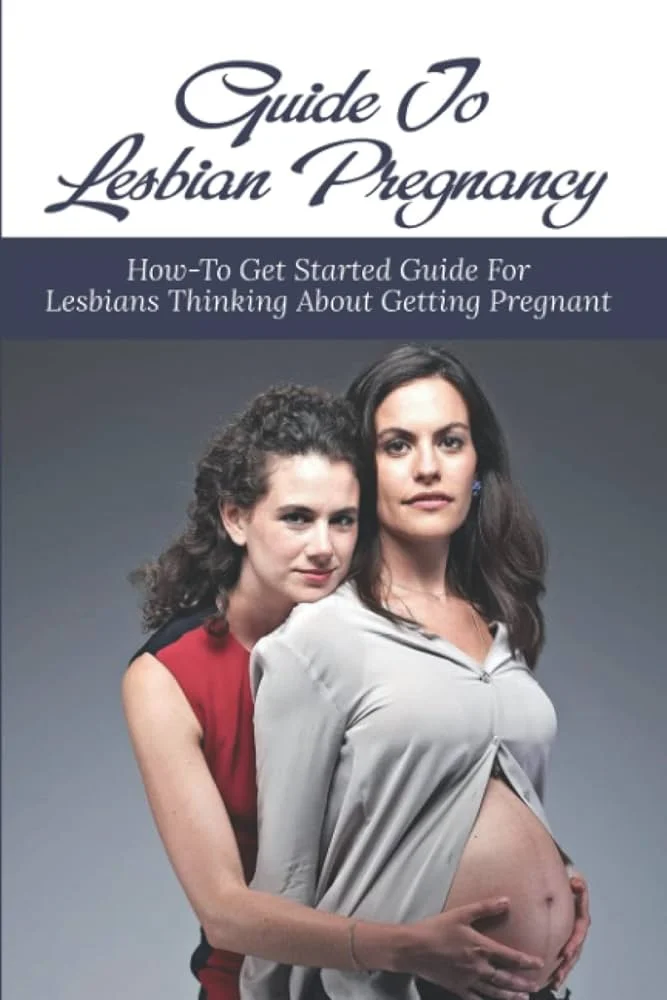Lifestyle
5 Beloved TV Shows That Have Not Aged Well
Television has long been a cherished medium for storytelling, often serving as a comforting escape. However, as the years progress, some of our once-beloved series have revealed themselves to be quite problematic when viewed through a contemporary lens. While many shows were celebrated for their groundbreaking narratives at the time, they struggle to align with modern standards of social acceptance. Here’s a closer look at five shows that, despite their previous popularity, have come under scrutiny for their outdated perspectives.
-
Glee
Glee was initially celebrated for its portrayal of an underdog group of high school misfits, but as the series progressed, it fell into a series of troubling tropes. While it aimed to highlight the experiences of marginalized characters—such as LGBTQ+ teens—many of these portrayals were rife with harmful stereotypes and jokes that undermined their struggles. For instance, the character of Sue Sylvester often used derisive language towards the show’s LGBTQ+ characters, which, rather than promoting acceptance, perpetuated harmful biases. -
7th Heaven
This series depicted a seemingly perfect family led by a reverend and his supportive wife, tackling moral dilemmas in an overly simplistic manner. Characters faced serious issues like addiction and rebellion, but the resolutions often felt contrived and unrealistic. As someone who didn’t fit into the show’s demographic, I found it difficult to appreciate its lack of nuance and the patriarchal undertones that guided the storyline. -
Gilmore Girls
Despite its charming dialogue and quirky characters, a closer examination of Gilmore Girls reveals problematic themes, including fat-shaming and classism. The protagonists, Lorelai and Rory Gilmore, while initially relatable, often exhibited self-centered and elitist behaviors that undermined any positive messages the show attempted to convey. Fans once hoped for a more progressive revival, but many felt it only amplified the original series’ shortcomings. -
Sex and the City
This series was a defining portrayal of modern women navigating relationships and careers. However, as time has passed, many of the show’s themes have come to seem outdated. Carrie Bradshaw, the lead character, often displayed selfish tendencies, including using her friends for personal gain. Additionally, the show’s lack of diversity and its treatment of LGBTQ+ relationships now seem glaringly out of touch with current conversations around representation. -
Will and Grace
While Will and Grace was groundbreaking in bringing gay characters into mainstream television, it still fell short in other areas. The show often relied on stereotypes and ignored the complexity of LGBTQ+ experiences. Characters like Jack frequently mocked women, while Karen’s problematic behaviors were often played for laughs rather than addressed seriously. Although the revival attempted to tackle more modern issues, it did so in a way that felt superficial.
Acknowledging the flaws in these classic shows doesn’t mean we have to discard them entirely; rather, it’s crucial to engage with them critically. As new generations discover these series through streaming platforms, it’s essential to reflect on their impact and potential missteps. For more insights on navigating complex issues like pregnancy and home insemination, check out our other blog posts, including one on home insemination kits. Resources like Make a Mom offer valuable information on this topic, while News Medical provides an excellent resource for understanding pregnancy and related health matters.
Summary:
As society evolves, so too does our understanding of inclusivity and representation, leading to a reevaluation of beloved television shows. While these five series once resonated with audiences, their problematic elements serve as a reminder of the importance of critical engagement with media.
